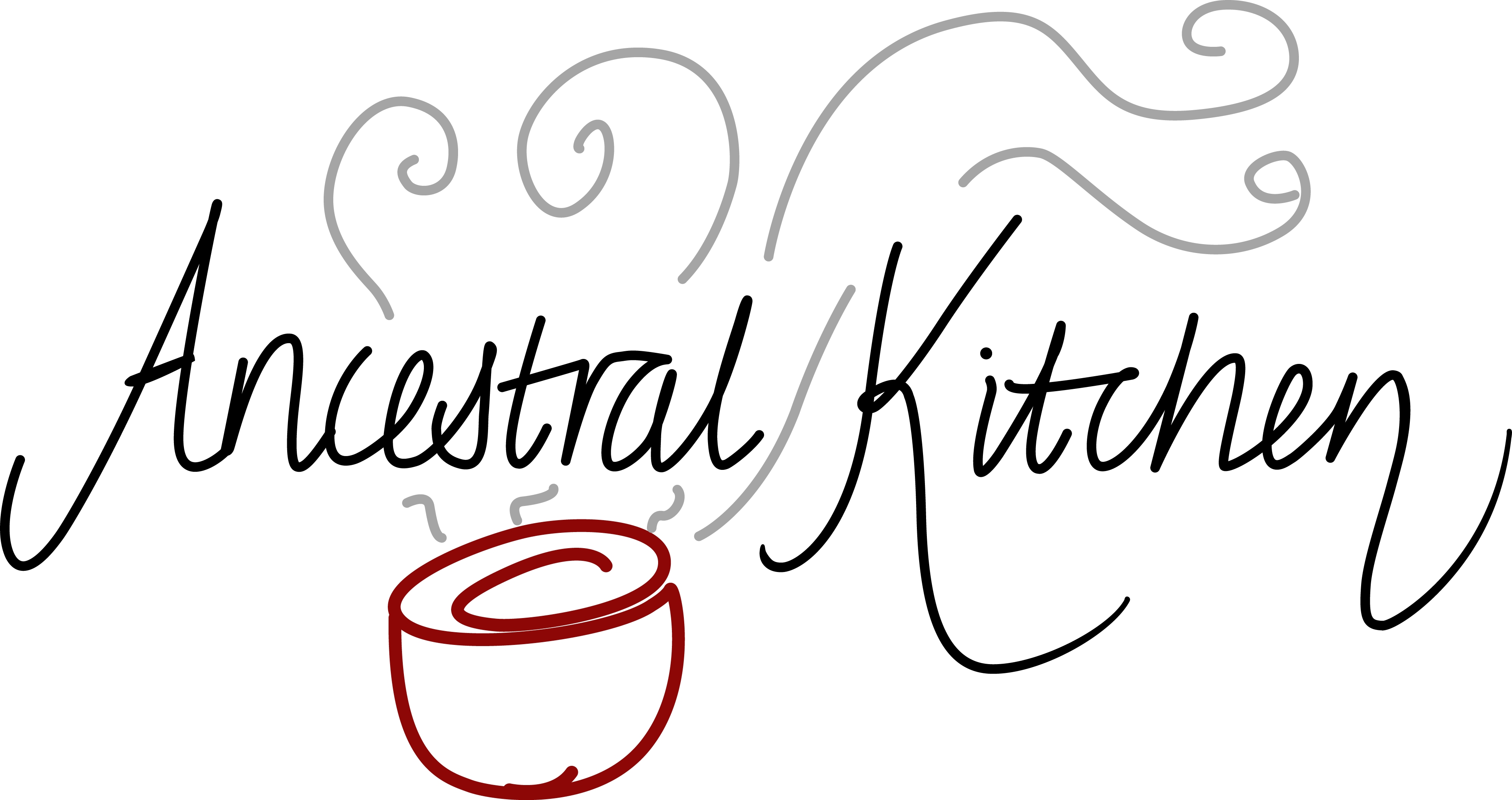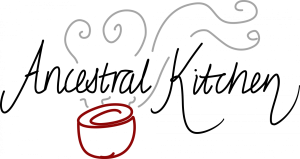What and when we eat can dramatically affect the quality of our sleep. These seven food habits, inspired by traditional wisdom, will help you naturally encourage better sleep patterns.
Good sleep is so important – it affects how we show up to ourselves, as parents and partners and in our work. If you suffer from lack of sleep, I want you to know that what you eat can make a huge difference to how well you sleep and that traditional food has much help to offer.
How do I know?
Sleep is (and always has been) my Achilles heel and I have tried so many things to improve it (over more than a decade).
The foundational pillars that have improved my sleep have not been pills; they’ve all been real food changes or real lifestyle changes.
In this post I will share with you how I’ve directly and cumulatively slept better by making simple food changes and altering my routines.

If you, or anyone you know, struggles with sleep this post (and its sister post Sleeping Habits of Our Ancestors) is for you!
Caffeine and alcohol
Before we dive into the active steps that have helped me sleep better, let’s cover caffeine and alcohol. Standard sleep advice would have you avoid them and this is sound. If you’re looking to replace coffee, dandelion or chicory are good alternatives. For tea, I love to enjoy rooibus (red bush), a drink that, like black tea, goes well with a dash of milk.
Aside from restricting caffeine and alcohol, here are the traditional food changes that have worked for me:
Seven food habits to help you sleep
Eat enough
To sleep well our bodies need to receive enough food, including enough carbohydrate. Influenced by the diet culture, it’s too easy restrict ourselves or think we need to avoid carbohydrate. This can devastate sleep patterns. If you want to sleep well, it’s important to eat well and for me, it’s also key to eat carbohydrate with every meal.
Eat a good breakfast that includes animal protein
Protein in the early morning has been shown to improve sleep and traditionally, many breakfast meals of our ancestors included ample animal protein. For me, in practice this means often having one or two soft-boiled eggs with sourdough pancakes or an egg poached in bone broth with millet. Some days, I can’t manage both protein and carb…it’s too bulky. For those breakfasts, I’ll mix some collagen protein powder into my sourdough porridge.
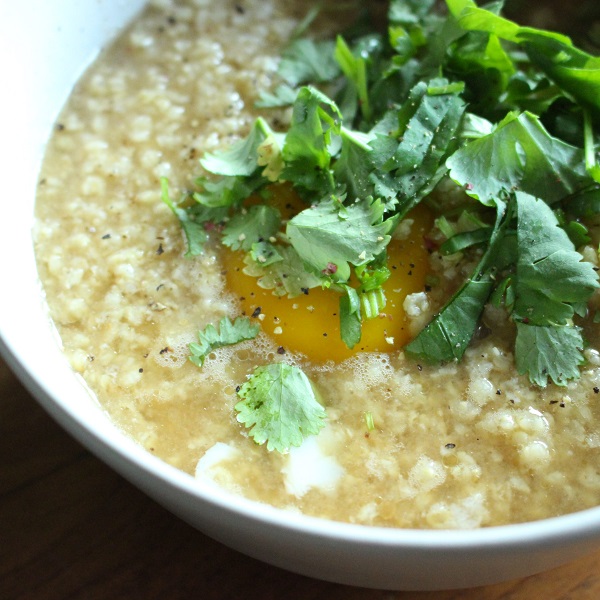
Ensure you get enough saturated fat
Fat is so important for satiety (I first noticed this when my son was a baby; he would sleep so much better with a good amount of saturated fat in his diet!). And fat (along with protein, addressed above) is really important in managing blood sugar throughout the day and therefore helping to avoid adrenal spikes which can play havoc with our sleep routine. I eat fat with every meal – home-rendered lard, butter and olive oil are my go-to choices.
Don’t be afraid of having a bedtime snack
It’s easy to listen to the loud voices that promote widening your fasting window by eating supper early and breakfast late. This does not work for everyone, especially those with stressed adrenal systems. If you wake in the early hours and find it hard to get back to sleep, having a small snack before bed could really help. Typical snacks include a small slice of sourdough with a piece of cheese and a slice of apple or an oatcake with butter and a few almonds.
Take a tiny camomile tea to bed
Sometimes, night wakefulness can be fixed with a little calming calorie hit. I have found that making and leaving a tiny honey-sweetened camomile tea (1-2 tsp camomile, 1/4 cup water and a tsp honey) by my bed is useful. If I wake at 2/3am, it’ll often help me get back to sleep.
Be careful with raw fermented foods
I love fermenting, but I cannot eat raw fermented foods with abandon as they stop me sleeping. If you struggle with sleep notice whether it’s worse after a lot of fermented foods and if so consider restricting, and then gradually increasing your intake of these ‘super’ foods. This reaction could be a sign of a histamine sensitivity – you may want to do some research and see if it fits your symptoms.
Deliberately include food that is high in vitamin B
Vitamin B is essential for a healthy nervous system, and can really help with mood, anxiety and sleep. I discovered this after taking a vitamin B supplement and finding it helped my state of mind and sleep.
I would always choose food-sourced nutrients over a tablet and now I work to ensure that I’m eating foods high in vitamin B daily. Liver is an incredible source of B vitamins. If you’d like to eat more liver, but struggle to, you can listen to my podcast episode, How to Get More (& Tastier!) Liver into Your Diet here. If you’re not a liver-lover, look at buckwheat. This delicious seed is full of B vitamins. Check out my recipe for sprouted, fermented buckwheat pancakes or make the Kasha in Nourishing Traditions that I talk about in Ancestral Kitchen Podcast #34.
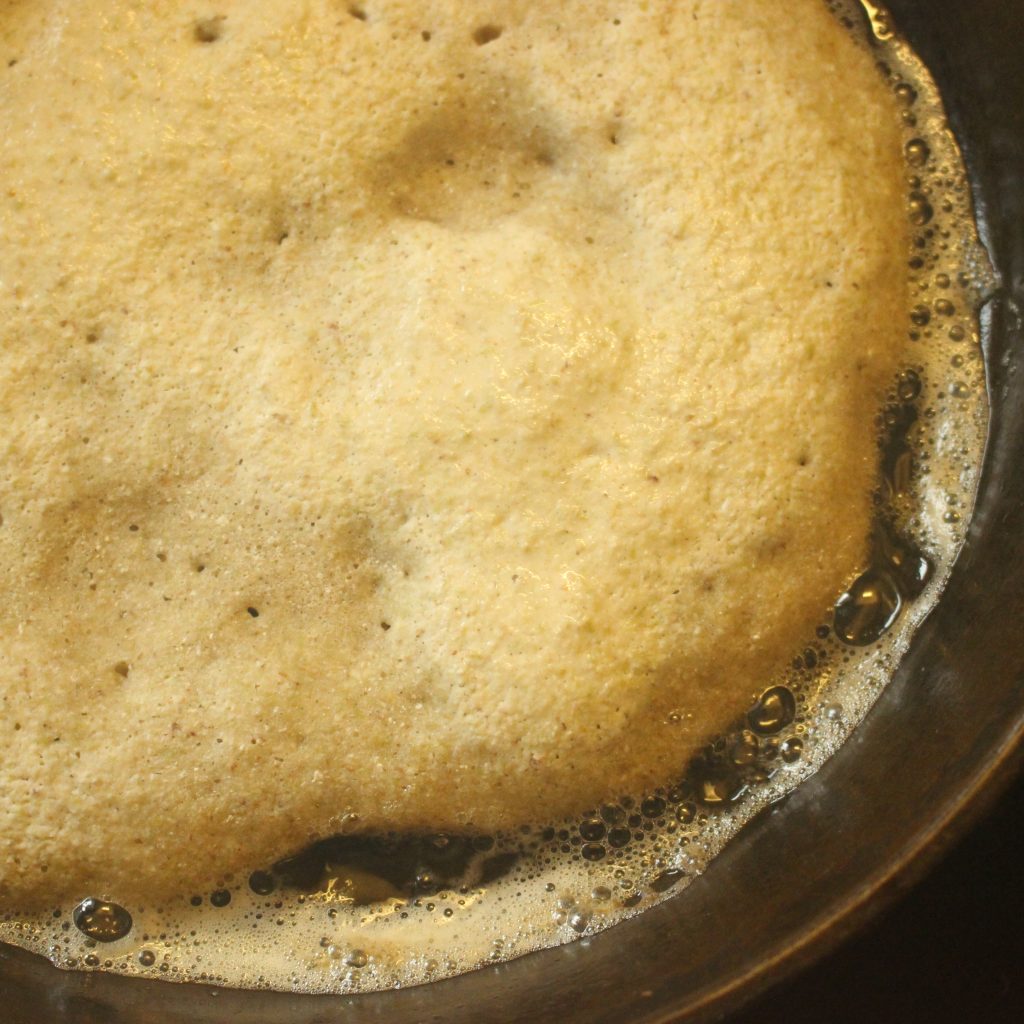
I want to end with some encouragement. I have spent most of my life struggling with sleep and I know just now much it can ruin a life. Know that there are options available that will help and if you apply them calmly and diligently you can make a difference. Read my post on the sleeping habits of our ancestors here to come at your sleep from the lifestyle angle.
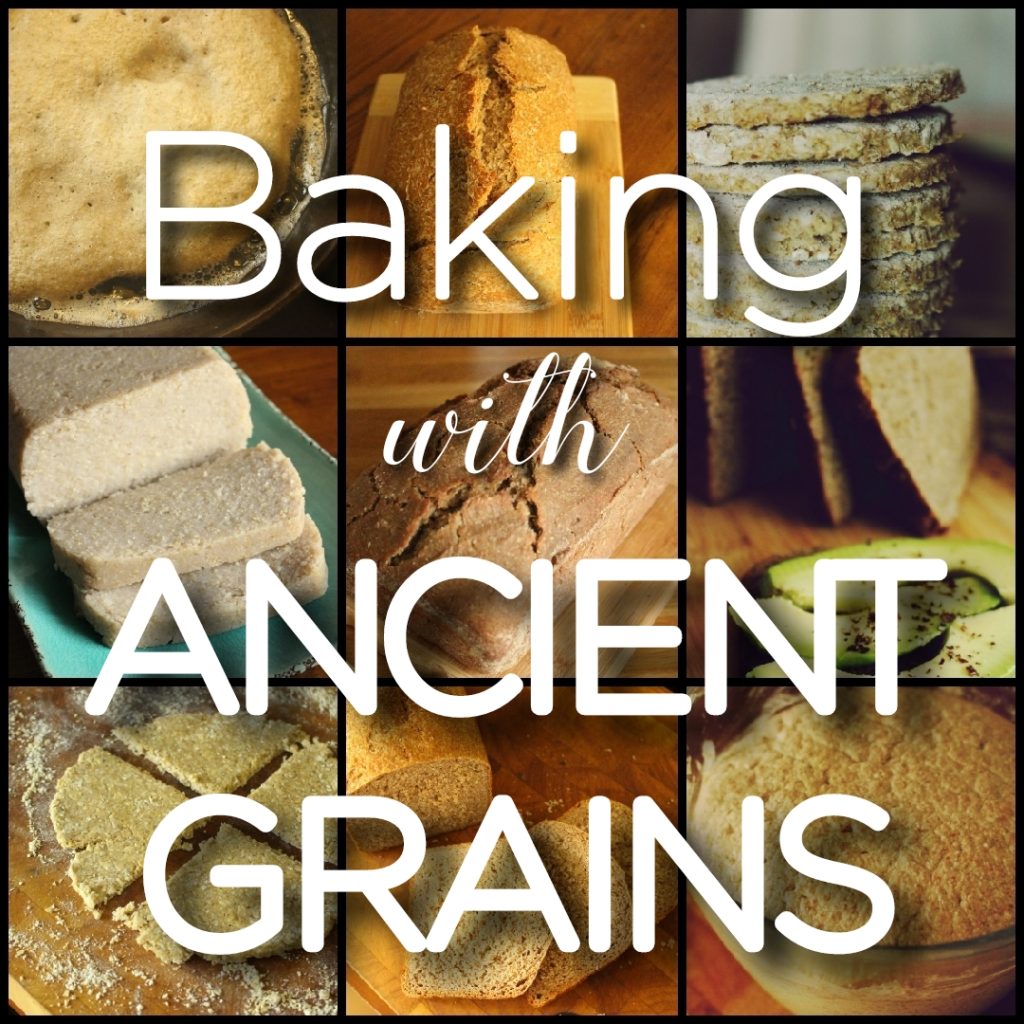
Bring ancient grain baking into your kitchen!
Download my free 30-page guide with five healthy and tasty 100% ancient grains recipes.
